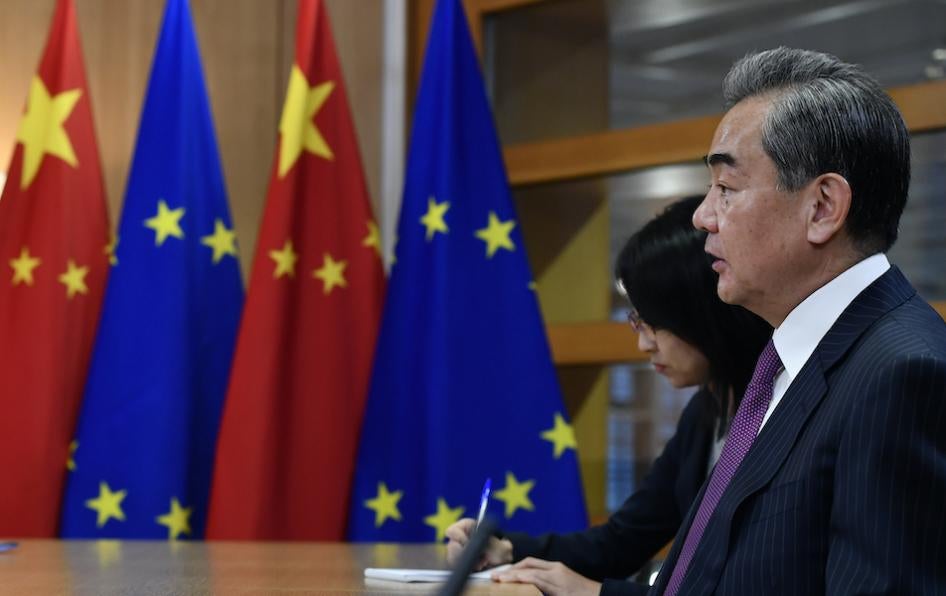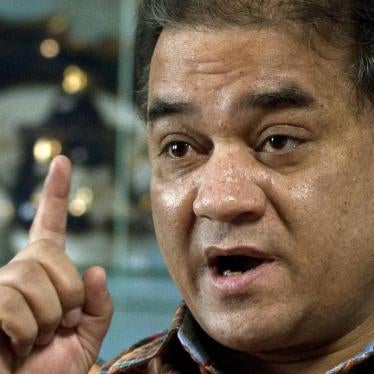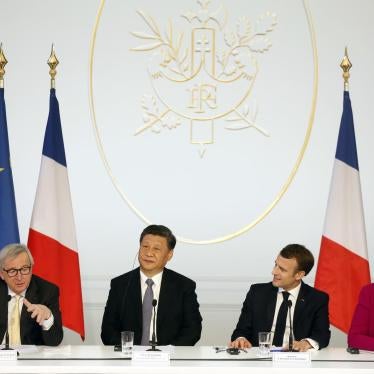Last week, China’s ambassador to the Netherlands said that bilateral relations were at risk if the Dutch government decided to deny the Dutch company ASML a license to export its Extreme Ultraviolet Lithography (EUV) machines to China. ASML is the world’s only supplier of EUV tools, critical for the production of a new generation of powerful microchips, which in turn are essential for high-tech applications including the Internet of Things and cloud computing infrastructure.
The Netherlands isn’t alone in facing Beijing’s ire: last month, the Chinese ambassador to Germany threatened Berlin with blocking the sales of millions of German vehicles in China if it excludes Chinese tech giant Huawei as a supplier of 5G wireless equipment. In November, the Chinese ambassador to Sweden threatened Stockholm with “bad consequences” after Sweden made a fresh show of support for an imprisoned Chinese-born Swedish publisher.
Beijing is increasingly leveraging the lucrative Chinese market – 16 percent of the world economy – as a way to pressure foreign governments and companies to do what it wants, be that keeping mum about its human rights violations or to allowing Chinese companies access to sensitive advanced technologies. After the Houston Rockets general manager irked the Chinese government by tweeting his support for Hong Kong’s pro-democracy protesters, all of the National Basketball Association’s 11 official Chinese business partners – including a travel website, a milk producer, and a fast-food chain – suspended ties with the league. Lotte, a South Korean conglomerate with supermarkets across China, suffered a two-year boycott encouraged by Chinese authorities in response to bilateral tensions.
Clearly Beijing prefers a divide-and-conquer strategy to minimize criticism of its rights record, and when governments deal with China on their own, they often opt for silence. But if they band together, the power balance shifts.
So far, the European Union has made several strong statements on the mass arbitrary detention of Uyghurs and other Turkic Muslims in China’s northwest region of Xinjiang at the UN Human Rights Council, including one that became the basis for the largest joint governmental statement that China has ever faced. The European Parliament has also consistently added its voice, and in December awarded the imprisoned Uyghur academic Ilham Tohti the prestigious Sakharov Prize. As for now, the EU does not appear to have faced any significant economic threats from China as a result of its Xinjiang advocacy.
Moreover, Europe has its own economic clout to wield – for example, by insisting that all companies ensure that their supply chains are free of the large-scale forced labor of Muslims now being used in Xinjiang and making public their due diligence strategies. Failing to do so could make firms complicit in the worst Chinese government abuses since Tiananmen Square. Badger Sportswear, a US-based manufacturer of athletic gear, learned only through the media that there was a reasonable chance its products were being manufactured in part through forced labor in Xinjiang.
Many of these controversies stem from technologies that can be put to multiple uses. In 2017, Human Rights Watch found that the US-based company Thermo Fisher Scientific had supplied some of its DNA sequencers to the Xinjiang Public Security Bureau at the same time authorities were forcibly collecting biometric data from everyone across the region under the guise of a free public healthcare program.
Thermo Fisher first deflected Human Rights Watch’s call for suspending the sale, claiming that “it is not possible for [them] to monitor the use or application of all products [they] manufactured.” In early 2019, after scrutiny from members of the US Congress, Human Rights Watch, and the media, Thermo Fisher announced it would stop selling and servicing human identification technology to the Public Security Bureau in Xinjiang.
In the past three years, Human Rights Watch has documented the alarming enthusiasm of Chinese police for tech tools. These include facial and voice recognition technology (which relies on artificial intelligence), compulsory and mass collection of biometric data, apps and “big data” platforms to monitor people’s everyday life and pick out those the government considers problematic, all in a context where people enjoy virtually no privacy rights or ability to challenge government violations.
Companies operating in China should be under no illusions that the authorities might deploy technology to commit serious abuses. So for ASML and other Dutch companies doing business or want to do business in China, they would do well to evaluate how their products and services are being used or will be used, and who their customers are.









